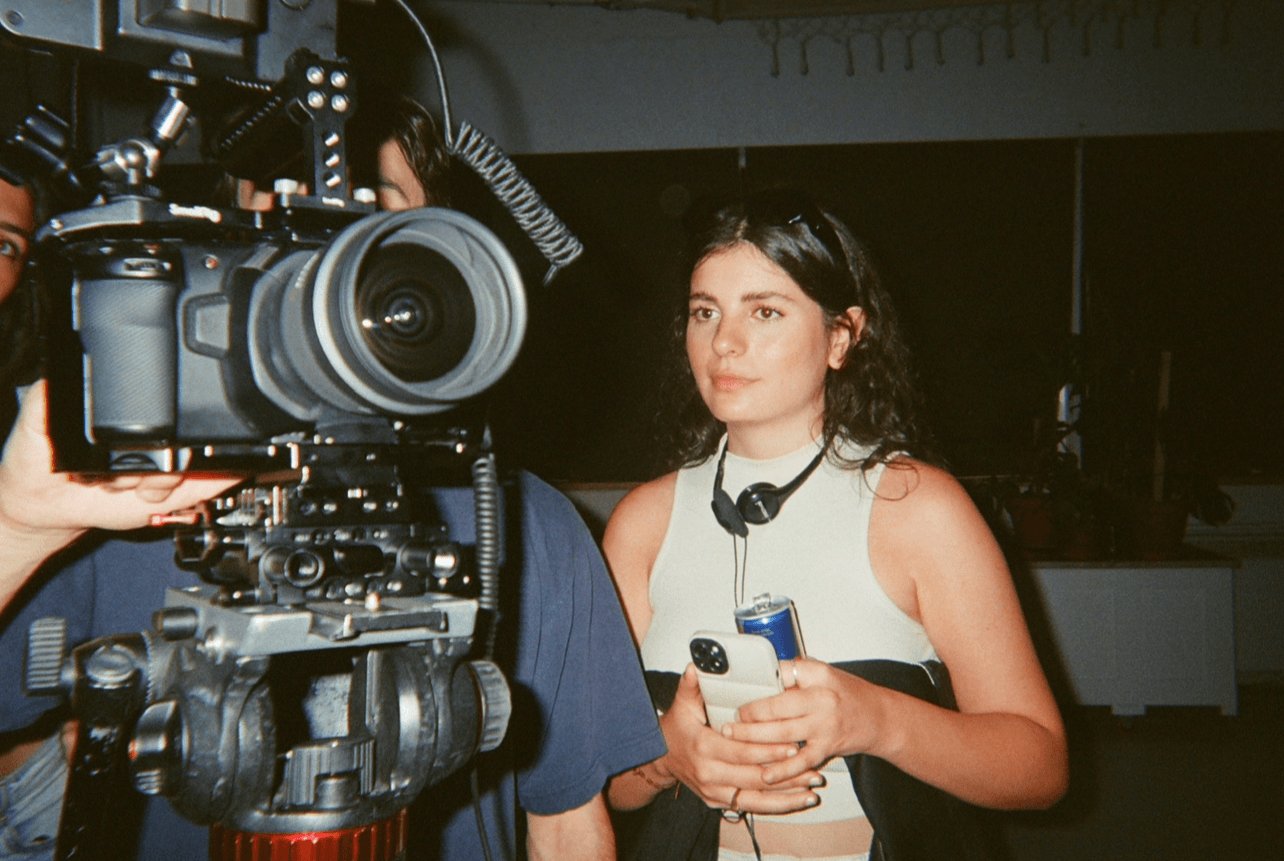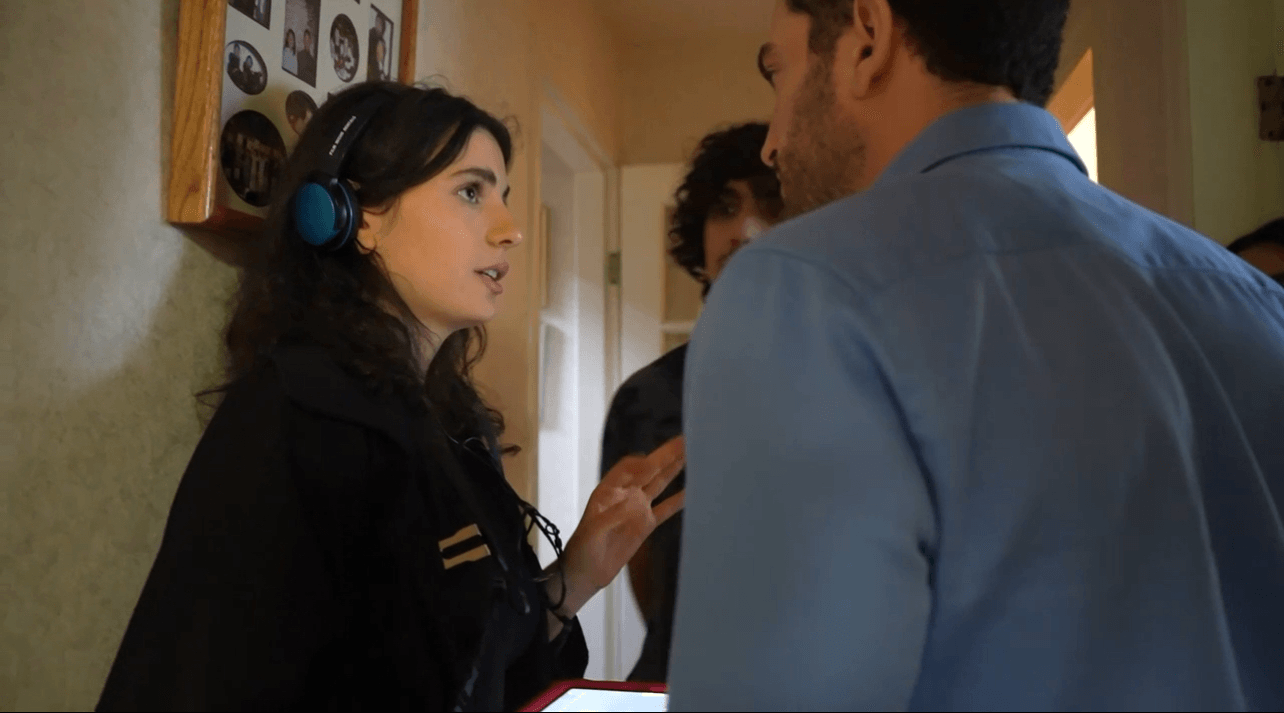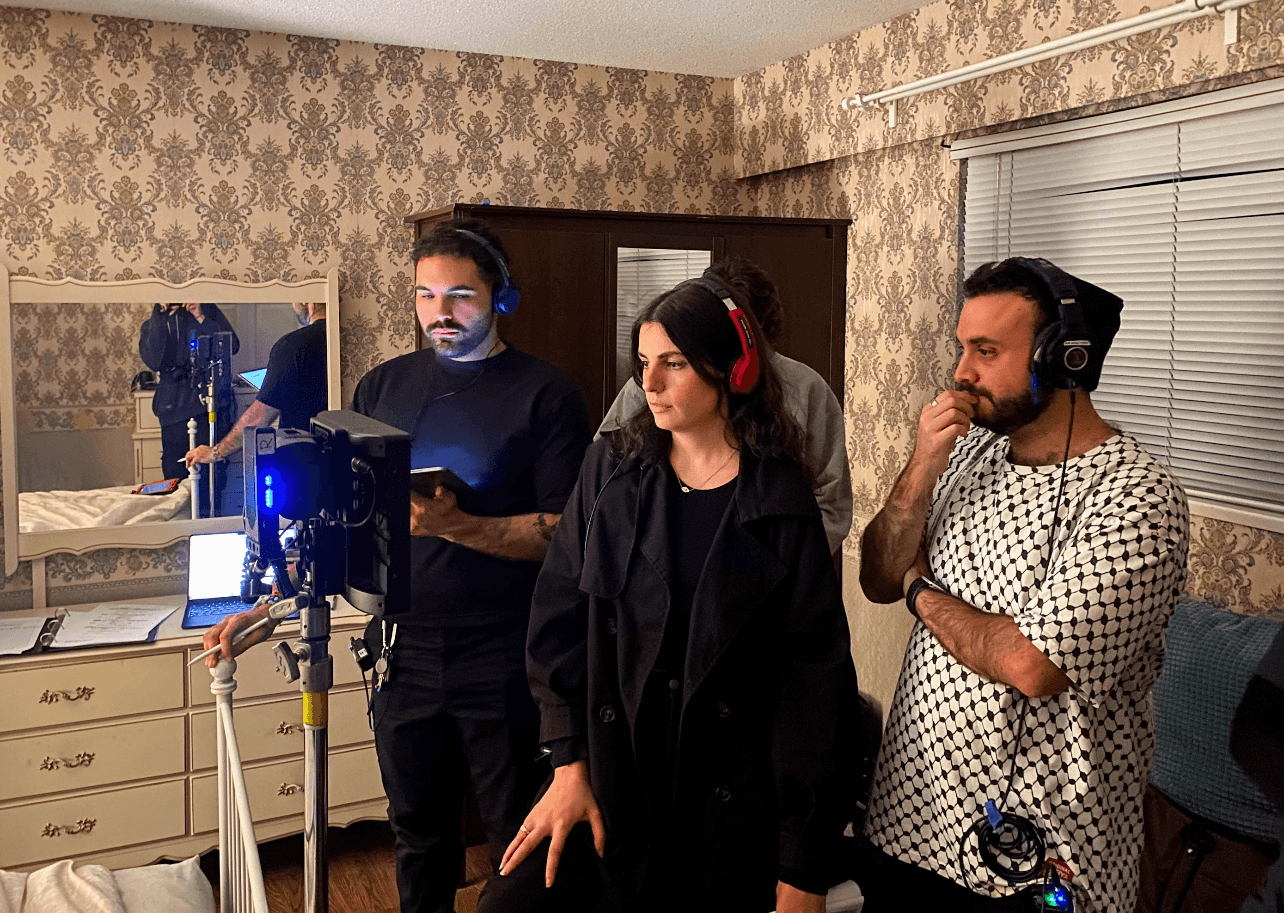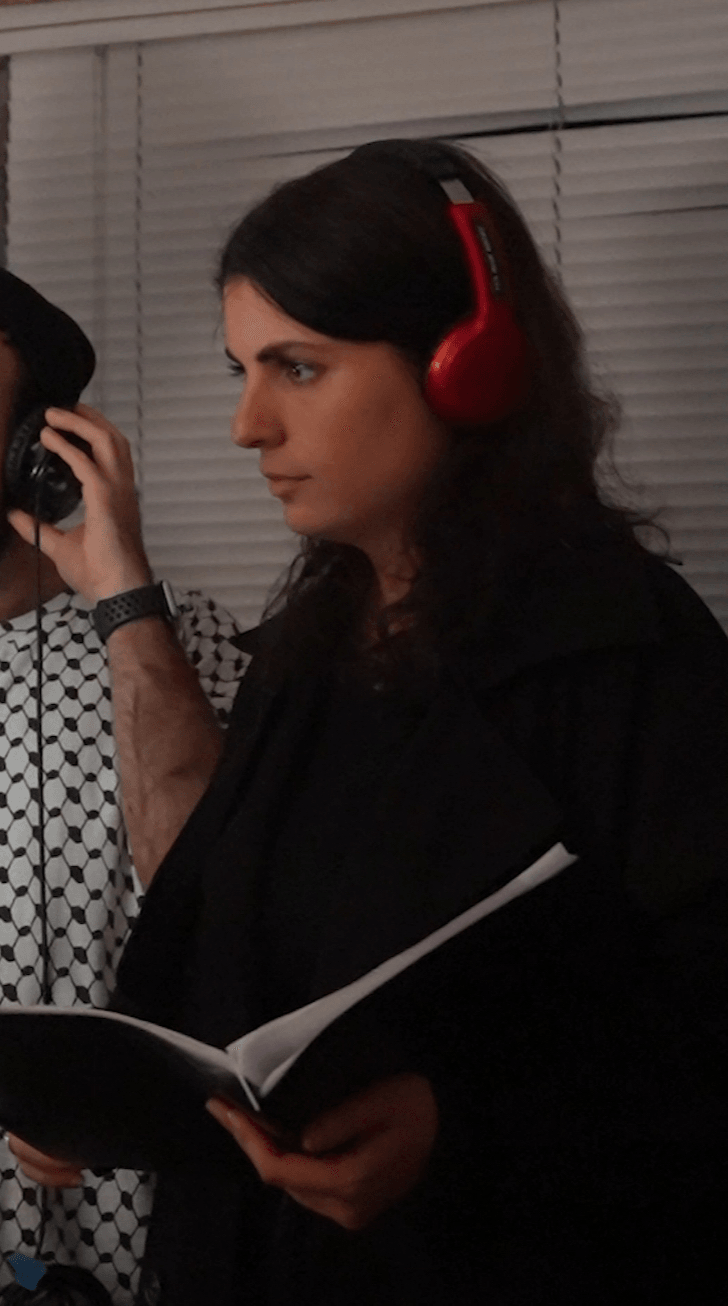Today we’d like to introduce you to Sabine Kahwaji
Hi Sabine , thanks for joining us today. We’d love for you to start by introducing yourself.
I began my journey independently at the age of 19 with no connections and rejection from film school. Despite this setback, I had a lot of ambition and drive. I started cold emailing extensively and doing a lot of free work for years to establish myself.
My focus was always focusing on the bigger picture and not limiting myself to the local circle around me. It wasn’t easy, especially as a Lebanese writer and director, where many of my stories were rejected. I learned to take the independent route, and over time, I saw satisfying results. Furthermore, I feel like I’m in the process of opening many doors for other creatives, especially those from underrepresented groups. I used to say that all the time, but over the last year until now, I’ve truly felt that impact.
Now, in 2024, I feel like it’s a whole new era for me. I’ve learned to craft my stories in a proper way, I am able to raise funds independently to bring my stories to life and bring more authenticity to my work. In summary, I started with nothing and faced multiple rejections and obstacles, but believing in myself on top of my drive kept me going. I’ve managed to carve out a path for myself in the film industry, where I’m now finally able to create important stories close to my heart.
We all face challenges, but looking back would you describe it as a relatively smooth road?
A saying I live by is that success is sweeter when it happens gradually instead of all at once and that’s exactly how my career has been. It most definitely hasn’t been without its challenges. First off, it’s hard to find genuine people in this industry; a lot of the time, you can get taken advantage of, but each production is a lesson.
Further, as a woman in the film industry, I also, unfortunately, experienced severe misogyny and derogatory behaviour last October on a film set. However, I had a good support group who had my back during this time. Yet, it was disheartening to see some people who thought this behaviour was acceptable and continued to support it. But once more, I’ve learned from it, and I’m becoming increasingly outspoken to help facilitate smoother productions for women in film.
Being a filmmaker with Epilepsy also posed its own set of difficulties, especially in an industry not always accommodating to health issues, like long nights and flashing lights. I hid my diagnosis for 8 years from co-workers and only this March did I come out publicly. I felt through that I started to feel more like myself in the film industry. Thankfully I’ve been 10 years seizure free so I’ve learned to manage, and now I’m working on my first feature-length documentary “EPILEPSY: The Mission Towards A Global Cure.”
As you know, we’re big fans of you and your work. For our readers who might not be as familiar what can you tell them about what you do?
I specialize in narrative and beginning to enter commercial work as a director and writer. One of my proudest projects is my writing and directing debut, “Alitisal” (The Call), a Lebanese film set to release this fall. This film was rejected numerous times for funding, so my producer, Jonathan T. Akkawi, and I decided to go independent. We believed that once created, it would open doors for MENA filmmakers to finally have their stories heard. After three years of dedication, the film officially finished this May and is currently in a global film festival run. I am thrilled and incredibly proud of this accomplishment. One of the main focuses was to ensure a full Lebanese cast, aiming to humanize our experience rather than stereotype.
What sets me apart, I believe, are the personal challenges I’ve overcome and where I am in my career, being fully independent. As a filmmaker with Epilepsy, I’ve faced unique challenges, but now I’m using that experience to create my first feature-length film that brings Epilepsy to the forefront. My ability to turn real-life experiences into purpose as well. Further, the amount of times I’ve been rejected really does set me apart. I know many people get rejected, but being in a country like Canada where there are so many funding programs, and still facing rejection over 8 years for stories about Lebanese culture and global disabilities is telling. If people think perhaps the stories that are being pitched aren’t great, trust me, that will be proven wrong once they’re released.
I know it sounds strange, but I believe that once these films are released, I, alongside the crew that believed in bringing them to life, will be at the forefront of a new wave of filmmakers whose stories finally begin to be taken seriously and funded. I am vocal about this because I believe staying silent only delays any improvement.
Can you share something surprising about yourself?
I think one surprising thing that most people who know me or my work might not know is that I’ve been battling Epilepsy throughout my whole career, especially since I worked as a concert videographer for 5 years.
I only came out about it this March for the first time, and it was the scariest thing I’ve ever done. I cried that day from how worried I was and if it would impact how I was perceived as a filmmaker. But looking back a few months later it was the most courageous thing I’ve ever done. My younger self would be so proud.
The love and support globally has been so heartwarming; I still get DMs from people with Epilepsy thanking me, and the film isn’t even in production yet. Now, I’m using my condition to launch a feature film that hasn’t been done before.
You can learn more about it from our Instagram @epilepsythefilm
Contact Info:
- Website: https://sabinekahwaji.com
- Instagram: https://instagram.com/sabinekahwaji
- Other: https://epilepsythefilm.com




Image Credits
Headshot: Charlie Nesbitt
BTS: Michal Urbansky


